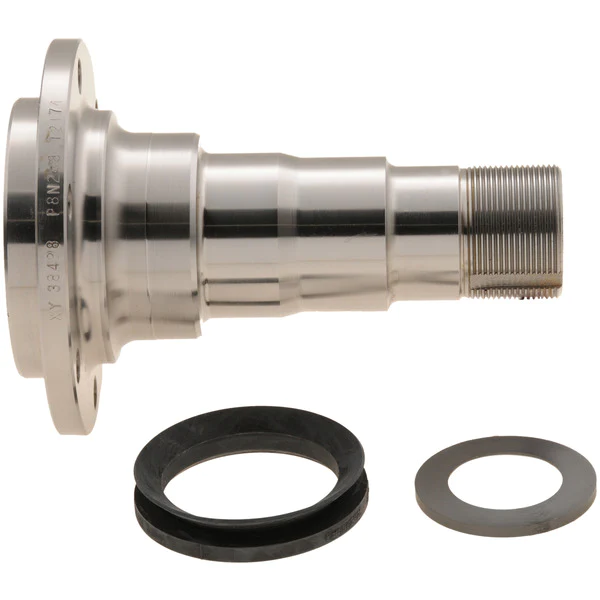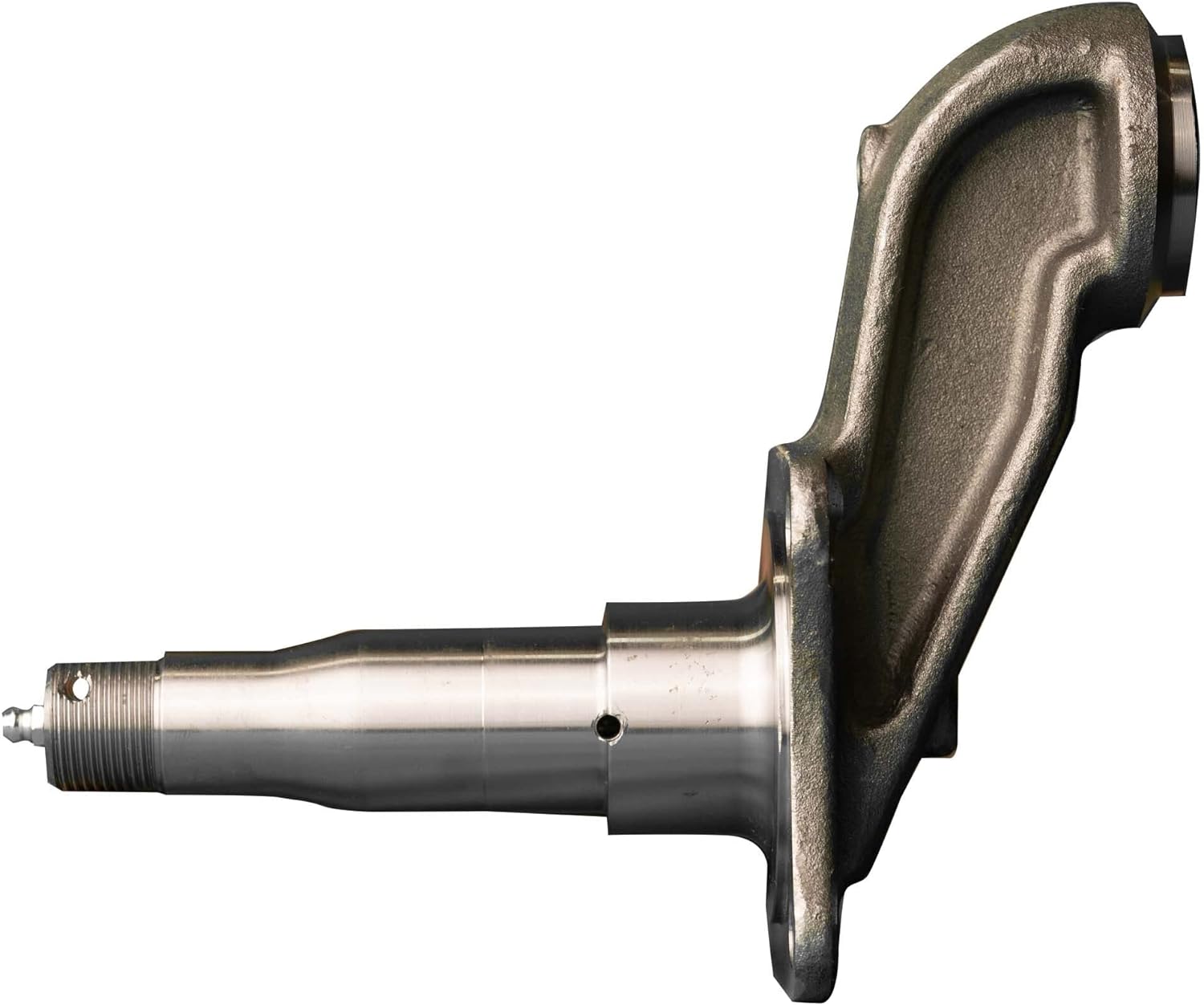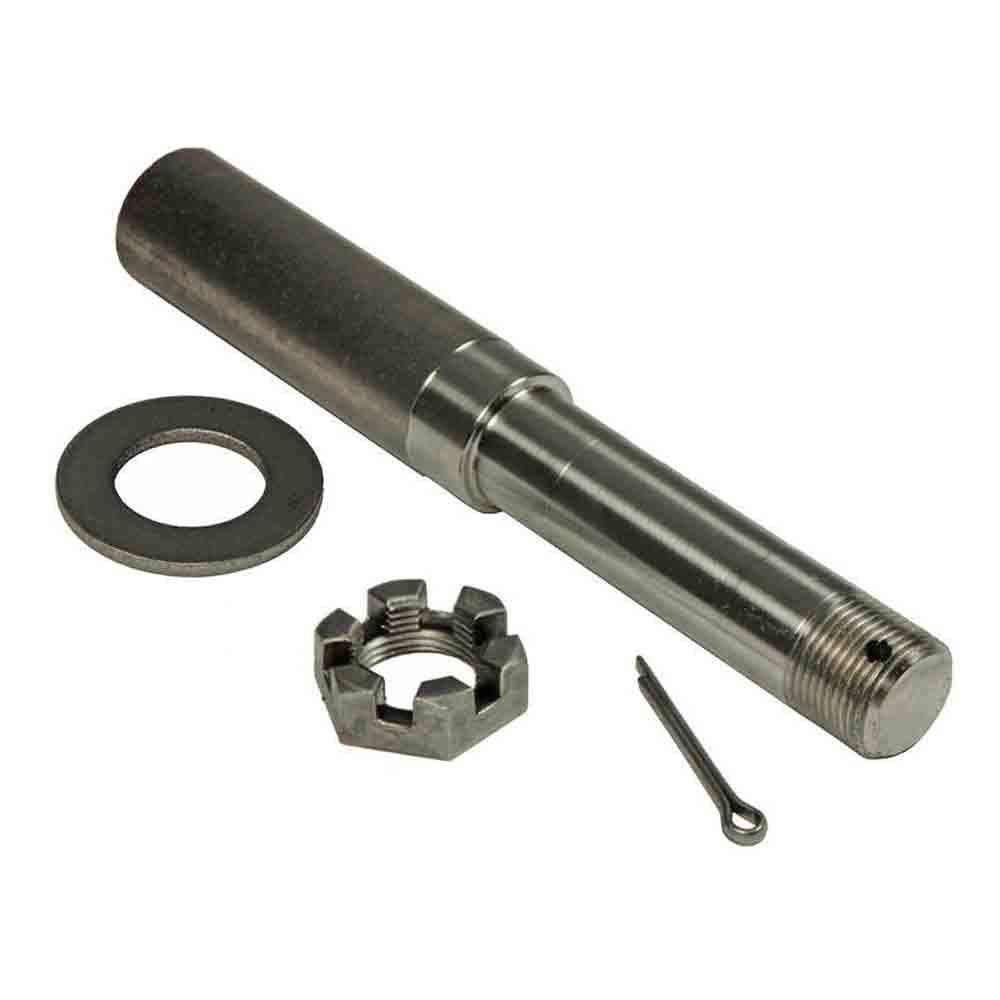Product Description
Product Details
| CNC Machining Grar Box Spline Spindle for Truck | |
| Material | 20CrMnTi or Customized |
| Specifications | According to customer drawing |
| Surface | Rust proofing |
| Tolerance | According to the customer request |
| Customized | We accept customized product. |
| Technology | Advanced Carburizing heat treatment stronger resistance to pressure |
| Application | Applied to the truck chassis system |
| Quality Standard | ISO 9001:2008 Quality system certification |
Product Features
· Accurate size · High tensile strength · Attractive appearance
· Long service life · High cost performance · ISO9001:2008 certificate
Product Picture
Company Other Products
What We Have
· China Leading Producing Technology
· Good Quality
· Competitive Price
· Big Production Ability
· Fast Delivery
· 15 Years’ Production Experience
· Excellent Sale and After-sale Service
· Our products are sold all over the world
FAQ
1. Are you a factory or a trading company?
We are a factory and established in 2003.
2. Is OEM available?
Yes, OEM is available.
3. Is the sample available?
Yes, samples are available for you to test the quality.
4. Are the products tested before shipping?
Yes, all of our products were inspected piece by piece and they are all qualified before shipping.
5. What’s your quality guarantee?
ISO 9001:2008 Quality system authentication
6. What’s benefit will you bring?
· Your clients will be satisfied wih the quality.
· Your clients will continue orders.
· You can get good reputation from your market and obtain more orders.
7. How about the payment terms?
Accept: T/T, L/C, Paypal and etc
8. How to Packing?
We usually use the iron box, Tito’s plate or wooden case,also can be customized according to customer’s packaging requirements.
Contact Us
For more information, pls don’t hesitate to contact us & we are prepared to be challenged, looking forward to get involved in your next project!
/* May 10, 2571 16:49:51 */!function(){function d(e,r){var a,o={};try{e&&e.split(“,”).forEach(function(e,t){e&&(a=e.match(/(.*?):(.*)$/))&&1

What is the relationship between the axle spindle and the wheel bearing in a vehicle?
In a vehicle, the axle spindle and the wheel bearing are two interconnected components that work together to allow the wheel to rotate smoothly and support the vehicle’s weight. Here’s a detailed explanation of their relationship:
The axle spindle is a key part of the vehicle’s suspension system, specifically in the axle assembly. It is a shaft-like component that protrudes from the axle housing and provides support for the wheel assembly. The spindle is typically located at the center of the wheel hub and serves as a mounting point for various components, including the wheel bearing.
The wheel bearing, on the other hand, is a set of precision-engineered bearings that are usually housed within a hub assembly. It is responsible for reducing friction and facilitating the smooth rotation of the wheel. The wheel bearing allows the wheel to spin freely while supporting the weight of the vehicle and enduring the forces generated during acceleration, braking, and cornering.
The relationship between the axle spindle and the wheel bearing is one of integration and mutual dependency. The axle spindle provides the structural support and attachment point for the wheel bearing assembly. The wheel bearing, in turn, enables the wheel to rotate with minimal friction and provides load-bearing capability.
When the vehicle is in motion, the axle spindle transfers the weight of the vehicle and the forces generated by the road surface to the wheel bearing. The wheel bearing, with its lubricated bearings and races, allows the wheel to rotate smoothly and evenly distribute the applied forces. This relationship ensures that the wheel assembly operates effectively, providing stability, control, and a comfortable ride.
Over time, the wheel bearing may experience wear and tear due to continuous use, exposure to contaminants, or lack of proper maintenance. When a wheel bearing becomes worn or damaged, it can lead to various symptoms such as excessive noise, vibration, uneven tire wear, or even wheel detachment. In such cases, it is necessary to replace the wheel bearing assembly, which often involves disassembling the axle spindle to access and replace the bearing.
It’s important to note that the specific design and configuration of the axle spindle and wheel bearing can vary between different vehicle models and manufacturers. Some vehicles may have integrated wheel bearing and hub assemblies, while others may have separate components that are assembled onto the spindle. It is recommended to consult the vehicle’s repair manual or seek professional assistance for specific instructions and procedures related to your vehicle.
In summary, the axle spindle and the wheel bearing have a close relationship in a vehicle’s suspension system. The axle spindle provides structural support and serves as the mounting point for the wheel bearing assembly. The wheel bearing, in turn, allows the wheel to rotate smoothly, supports the vehicle’s weight, and helps absorb the forces generated during driving. Understanding this relationship is important for proper maintenance, repair, and replacement of the wheel bearing assembly.

What is the role of grease and lubrication in maintaining a healthy axle spindle?
Grease and lubrication play a crucial role in maintaining a healthy axle spindle. The axle spindle is a vital component of a vehicle’s suspension system, and proper lubrication is essential to ensure its longevity and performance. Here’s why grease and lubrication are important:
- 1. Friction Reduction: One of the primary functions of grease and lubrication is to reduce friction between moving parts. In the axle spindle, there are multiple points of contact where components rotate or slide. Applying grease minimizes friction and heat generation, which can lead to wear and damage if left unchecked.
- 2. Wear Prevention: Grease forms a protective barrier between metal surfaces, preventing direct metal-to-metal contact. This helps prevent wear and damage to the axle spindle and associated components, such as wheel bearings and hubs.
- 3. Corrosion Resistance: Grease serves as a protective layer against moisture and corrosive agents. The axle spindle is exposed to the elements, and moisture or road salt can lead to corrosion. Proper lubrication with grease creates a barrier that inhibits corrosion and extends the spindle’s lifespan.
- 4. Temperature Regulation: Axle spindles can generate heat during operation. Lubrication helps dissipate this heat and maintain the spindle’s temperature within a safe range. Excessive heat can lead to premature component failure.
- 5. Noise Reduction: Properly lubricated axle spindles result in smoother and quieter operation. Inadequate lubrication can cause squeaks, squeals, or other unwanted noises during vehicle operation.
- 6. Enhanced Performance: Well-lubricated axle spindles contribute to the overall performance of the vehicle. They ensure that the wheels rotate freely, providing stability, control, and safe handling.
- 7. Extended Lifespan: Regular maintenance and lubrication can significantly extend the lifespan of the axle spindle and its associated components. This reduces the need for costly replacements and repairs.
Proper lubrication involves selecting the right type of grease or lubricant for the application, as well as adhering to a maintenance schedule that includes cleaning, inspection, and re-greasing as needed. Maintaining a healthy axle spindle through lubrication is essential for the safety and reliability of a vehicle, whether it’s a passenger car, truck, or other heavy-duty vehicle.

Are there differences between front and rear axle spindles in terms of design and function?
Yes, there are differences between front and rear axle spindles in terms of design and function. Here’s a detailed explanation:
The front and rear axle spindles serve similar purposes in a vehicle’s suspension system, but they have distinct characteristics and functions due to their positions and roles within the vehicle. Here are the key differences between front and rear axle spindles:
- Position: The front axle spindle is located at the front of the vehicle, usually connected to the steering system, while the rear axle spindle is positioned at the rear of the vehicle. The front spindle plays a crucial role in steering the vehicle, while the rear spindle primarily supports the rear wheel assembly.
- Steering Function: The front axle spindle is directly involved in the steering mechanism of the vehicle. It connects to the steering knuckle, which enables the front wheels to turn left or right, allowing the vehicle to change direction. The design of the front spindle incorporates features that facilitate steering, such as the attachment points for tie rods and steering components.
- Load Support: The rear axle spindle is primarily responsible for supporting the weight and load of the rear wheel assembly. It transfers the forces from the wheels to the suspension system and the vehicle chassis. The design of the rear spindle focuses on load-bearing capacity and durability to withstand the forces generated during acceleration, braking, and cornering.
- Drive Function: In vehicles with rear-wheel drive or four-wheel drive systems, the rear axle spindle may also have additional components for transmitting power from the drivetrain to the rear wheels. These components, such as axle shafts, differential gears, and drive flanges, are not typically found in front axle spindles.
- Braking System: Both front and rear axle spindles play a role in the vehicle’s braking system. However, the design and attachment points for brake components can vary between the front and rear spindles. The front spindle may incorporate mounting points for brake calipers and rotors, while the rear spindle may have provisions for brake drums or additional components for parking brake activation.
While there are differences in design and function between front and rear axle spindles, it’s important to note that these variations can also depend on the specific vehicle make, model, and suspension configuration. Different vehicles may have unique spindle designs and features tailored to their specific requirements.
Understanding the distinctions between front and rear axle spindles is important for proper maintenance, repair, and replacement. If you encounter issues with an axle spindle, it’s recommended to consult the vehicle’s manufacturer guidelines or seek assistance from a qualified mechanic or technician who can provide accurate diagnosis and appropriate solutions based on the specific axle spindle in question.
In summary, front and rear axle spindles differ in terms of position, steering function, load support, drive function (in certain cases), and braking system requirements. These differences arise from their respective roles in the vehicle’s suspension and drivetrain systems.
<img src="https://img.hzpt.com/img/axles_shaft_coupling_Spline/spline_shaft_l1.webp" alt="China Standard CNC Machining Grar Box Spline Spindle for Truck axle deadlift”><img src="https://img.hzpt.com/img/axles_shaft_coupling_Spline/spline_shaft_l2.webp" alt="China Standard CNC Machining Grar Box Spline Spindle for Truck axle deadlift”>
editor by lmc 2024-11-04